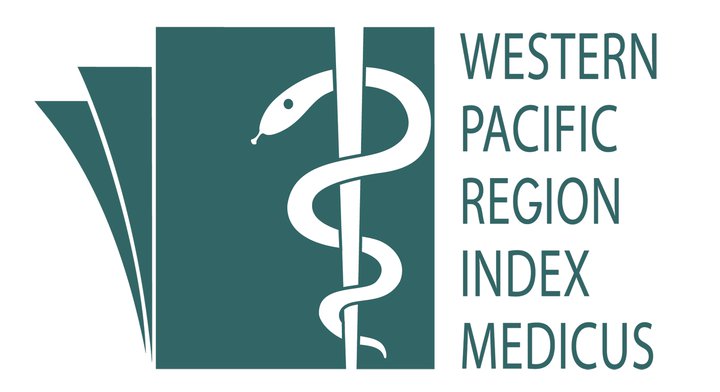Awareness, knowledge and acceptance of community on Non-communicable diseases intervention – A findings from the “Healthy Community, Develop the Nation†(KOSPEN) in the Southern Zone states of Peninsular Malaysia
Abstract
Introduction: Community-based health promotion programmes have been recognized as an affectionate approach to reduce behavioral and modifiable lifestyle risk for non-communicable diseases. The aim of this study was to evaluate the proportion and factor/s associated with awareness, acceptance, and participation in the “Komuniti sihat, Pembina Negara “ (KOSPEN) community intervention programme.
Methods: The cross-sectional study employed a two-stage proportionate sampling method to select the representative sample of community in Negeri Sembilan, Malacca, and Johor. Face-to-face interviews by trained research assistants using pre-validated questionnaires were the study tool applied.
Results: The study revealed that approximately two thirds of respondents were aware of the KOSPEN program (65.5%) Almost half (45.4%) of the respondents reported involved in the proposed activities namely health screenings (84.8%), health talks (66.4%), and providing plain water informal occasion (52.9%). About two thirds and one-quarter of them have a very good (73.4%) and good (24.1%) general view of this programme. Four out of ten respondents faced difficulties joining the activities. Lack of time (83.0%) was reported as the main barrier
Conclusion: The KOSPEN program in overall was well accepted by the community. However, the need for future improvement has been highlighted in order to enhance the involvement and participation of the residents
Keywords: Awareness, Acceptance, Community Intervention Programme, Non-Communicable Diseases, KOSPEN.
Downloads
Published
How to Cite
Issue
Section
License
IJPHR applies the Creative Commons Attribution (CC BY) license to articles and other works we publish. If you submit your paper for publication by IJPHR, you agree to have the CC BY license applied to your work. Under this Open Access license, you as the author agree that anyone can reuse your article in whole or part for any purpose, for free, even for commercial purposes. Anyone may copy, distribute, or reuse the content as long as the author and original source are properly cited. This facilitates freedom in re-use and also ensures that IJPHR content can be mined without barriers for the needs of research.






